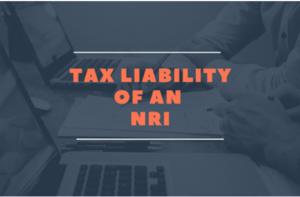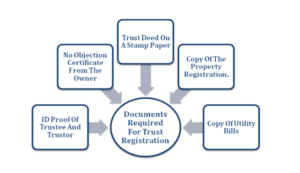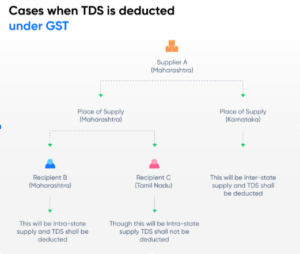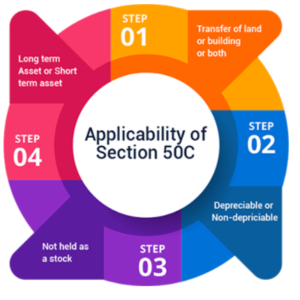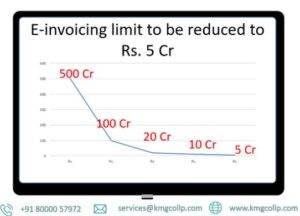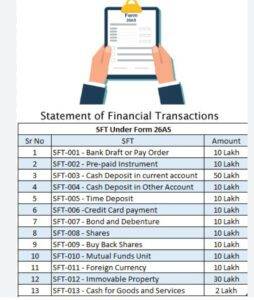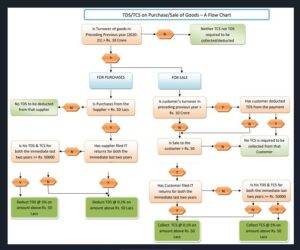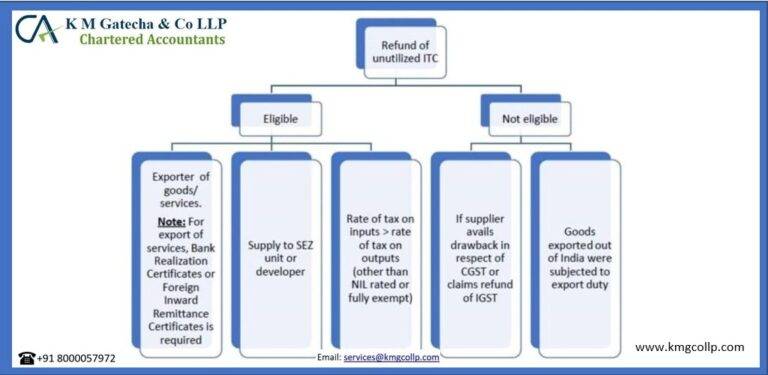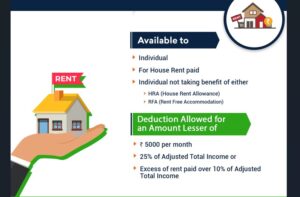Taxation for NRI in India
In this article we have covered taxation for NRI in india which includes definitions of NRI, taxation rules for NRI, Income tax deductions for NRI.NRI are usually confused about deductions and their taxability in India. NRI are mostly worried about taxation for NRi in India.
Taxation for NRI in India
To under taxation for NRI in india we need to understand When is a person considered NRI?
- Any person who has been out of India for more than 182 days during the financial year
- Any person who has been in India for less than 60 days in the previous financial year and less than 365 days in the last four financial years
The second condition does not apply to member of crew of Indian ship (then you need to only be in India for 182 days or more during the financial year)
If you are PIO (person of Indian Origin) who is on a visit to India, then also second condition does not apply.
Taxation for NRI in India

Taxation Rules for NRI
- The Income which is earned or collected in Indian is Taxable in India
- This includes
- Salary received by NRI or by anyone on behalf of a NRI in India
- Remuneration for service provided in India
- Income from House or property situated in India
- Income from business controlled or set up in India
- Income from capital gains
- Capital gains from shares or securities
- Income from fixed deposits
- Interest on saving bank account
- Interest on NRO account
- Interest Earned on NRE account and FCNR account are not taxable in India
When NRI needs to file ITR in India?
- Any person whether classified as NRI or otherwise needs to file an income tax return if their income exceeds INR 2,50,000/- in the financial year.
When NRI needs to pay advance tax in India?
- Any NRI whose tax liability for the current financial year exceeds INR 10,000/- is required to pay advance tax otherwise interest is applicable under Section 234B and Section 234C.
Taxation for NRI in India
Deductions and exemptions under income tax act allowed for NRIs in India.
- Deductions under 80C
- Maximum Deductions up to INR 1,50,000/- are allowed (under Section 80C) from total gross income for an individual (amount depends on the gross income of the individual)
- Life insurance premium payment for policies in NRI’s name or in the name of their spouse or child (child may be dependent/independent, minor/major or married/unmarried)
- Premium must be less than 10% of sum assured
- Payment of tuition fees of children
- Tuition fees paid to any school, college, university or other educational institution within India for the purpose of full time education of any TWO children.
- Principle repayments on loan for the purchase of a house property (also allowed are stamp duty, registration fees and other expenses for the transfer of house property to NRI)
- Unit Linked insurance plans (ULIPS)
- Investments in ELSS
- Deductions from house property income
- NRIs can claim all the deductions available to a resident from income of house property for a house Purchased in India
- Includes payment towards property tax and interest on home loan
- Deductions under Section 80D
- NRIs can claim a deduction for premium paid for health insurance (INR 50,000 for Senior citizens and INR 25,000/- for self, spouse and Children.
- Additional deduction on premium for Parents ( INR 50,000/- if parents are senior citizens and INR 25,000/- otherwise)
- Deductions under Section 80E
- Interest paid of Education loan for spouse, Children or a student for whom NRI is legal Guardian
- No limit on amount that can be claimed
- Deductions can be claimed for maximum 8 years or till interest is repaid (whichever is earlier)
- Not available on principle repayment
- Deductions under Section 80G
- Deductions can be claimed for donations for social causes
- Deduction under Section 80TTA
- Deduction can be claimed for interest on savings bank account (Maximum of INR 10,000/-)
- Exemption on sale of property for an NRI
- Long term capital gain is taxed at 20% (20% TDS for NRIs)
- Exemptions can be claimed under Section 54, Section 54EC and Section 54F
Taxation for NRI in India
Deductions and Exemptions not allowed to NRIs are as follows:
- Some Investments under section 80C
- Investments in PPF
- Investments in National Savings Certificates (NSCs)
- Post office 5-year Deposit Scheme
- Senior citizens savings scheme
- Deductions for Differently Abled under Section 80DD, 80 DDB and Section 80U.
Owner of this information can be
reached at K M GATECHA & CO LLP – CA in Ahmedabad.
Important note: This does not lead to legal advice or
legal opinion and is personal view and for information purpose only. It is
prepared on the basis of facts available and applicable law.It is
suggested to go through applicable provisions of law,latest
regulations,judicial announcements, circulars, notifications and
clarifications etc before taking any action based on above content.You
agree here by that for any action taken on basis of above information in any
manner writer or K M GATECHA & CO LLP is not responsible
or liable for any omission,reliability,accuracy,completeness,errors or
authenticity.This work by professional is just for knowledge purpose and does
not constitute any kind of solicitation of work
or advertisement.
Table of Contents
Toggle







